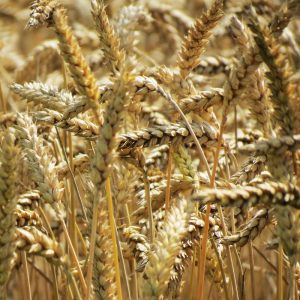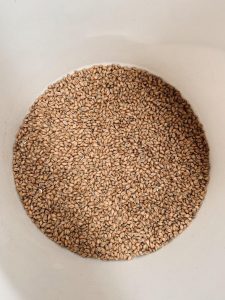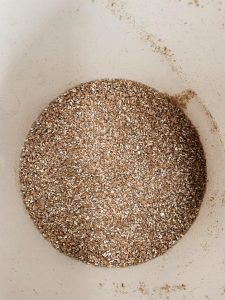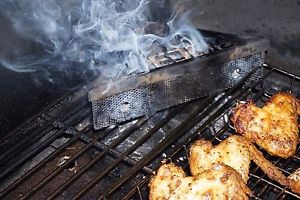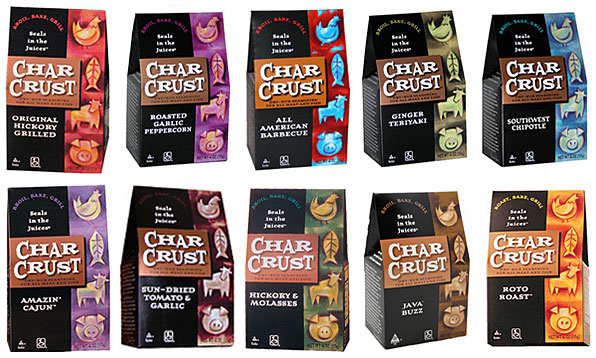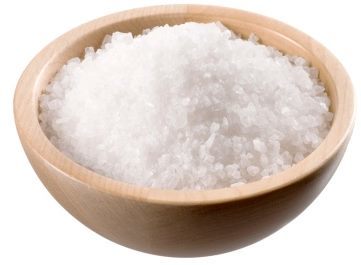Brewing your own beer at home is a great way to experiment with flavours and make brews that are uniquely yours. An important process in making your own homebrew is milling your grain properly, which can be a tricky process. However, with the right equipment and practices, you can ensure that you are getting the most out of your homebrewing.
The basics and commonly used terms:
Inside the husk of malted barley, kernels is where the fermentable sugars are that will become alcohol during the fermentation process, and therefore these need to be cracked open. How this is done will affect how the starches, sugars and enzymes from the grain will be exposed to water during mashing and whether the milled malt will have a successful grist (cracked or milled grain).
We use the term friability to measure the moisture in a kernel and its ability to be cracked open. A friable grain is one that is easily crushed into several separate parts. Friability is a crucial detail that needs to be paid attention to as a malt that is too moist won’t crack open easily but will become crushed in the mill. This will mean that less fermentable sugars will be extracted and the end product will be negatively affected. We sell a variety of different uncracked grains which you can find here. If you’d like your grains cracked by us, please mention this in your order comments.
The importance of cracking your grain right
It is important to take note of the size of the grist particle and ensure that it isn’t pulverised or turned into powder. You want to crack the husks open, away from the kernel to allow the brewing liquid to reach the starchy core of the grain which will be converted into fermentable sugars. It is best to try and keep the husks as complete as possible as they will form a filter bed, while each malt kernel will be broken into smaller pieces, (about three to six pieces).
Uncracked vs Cracked Grain
Choosing the right mill
There are a number of different types of mills available including grain mills and roller mills. For homebrew, we recommend using a roller mill, which normally has two to three cylinders that grain will pass through as they are turned. We sell this two-cylinder mill which you can adjust the rollers to change the settings for different types of grains. This type of mill will also ensure that the husks are crushed and thrown away, left mostly intact while the kernels are broken into smaller pieces. You want to try and keep your husk as a whole as possible because the extracted flavours from the husk are bitter and will give your final product a bad taste. Ensuring you do this correctly will come down to getting the grist production technique right.
Benefits of all-grain brewing
All grain brewing has some great benefits over other types of homebrewing methods. All grain brewing gives you complete control over how your beer is brewed and all the elements that go with it such as flavour, colour and aroma. It means that you are not limited to only what’s available to you in extract form and you are able to customise it to your own needs and tastes. Also, this method of brewing is cheaper than other forms as the ingredients that you need, such as grains, cost much less when they are bought in their whole form. Although the start-up costs of buying the equipment needed may seem like a lot at first, after a few successful brews it will be worth the investment. It can take a few goes to get the process completely right but once you get comfortable with it you will be on your way to brewing high-quality artisan beers with ease.
Thinking of home brewing?
Start with our homebrew kits and brewing supplies: 40L Beer Brewing kit, 50L Beer Brewing kit and homebrew supplies.
Xmas 2015 Newsletter! More Christmas Gift Ideas!
Merry Christmas! Seasons Greetings! How's it going? Welcome to Smoked and Cured's last newsletter for the year!…
February 2015 Newsletter – Special Masterbuilt Smoker Offer & Hello from the new owners!
Special Masterbuilt Smoker Offer - until Feb 22nd & Hello from the new owners! Hi Smoked and Cured Customers,…
All Australian Made Kosher salt in stock!
We now have our very own all Australian made Kosher salt in stock. Currently in 2kg and 5kg packs we will soon be adding smaller sizes to suit table…
